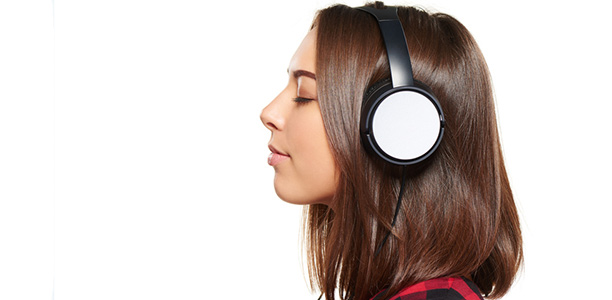Research led by CQUniversity has shown the Building Resilience in Regional Schools (iCARE-R) intervention program has been successful in promoting mental health among early secondary students in regional Queensland schools.
School guidance officers, youth health nurses, mental health professionals and teachers were trained as facilitators who worked together to implement a successful mental health promotion program across 23 schools with more than 1000 young people in Central Queensland.
Program strategies included storytelling, engaging forms of popular media and guided social networking, recognising that symbols of strength found in pop culture and everyday life can remind children how to cope in adversity.
The research showed a significant increase in self-efficacy and positive coping strategies used by the students.
Researchers are now recommending expansion to other schools and are keen to enhance the program through engaging social media tools and an educational gaming style computer app.
They say it’s proven as an effective and viable universal mental health program for the early high school years, when facilitator training, school resourcing, and health and education ‘intersection’ is maintained.
“Positive self-identity and a coping repertoire are important strategies for resilience. The impact of the program on the tools for wellbeing in young people was therefore positive,” says Professor Margaret McAllister, who led the research project.
“Qualitative analysis indicated that the program’s emphasis on strengths, facilitation of discussion rather than didactic instruction, use of various activities to engage participants and have fun, were all highly valued and relevant for the early high school years.
“Facilitators and stakeholders commented that beneficial impacts to the young people were the development of a new awareness of support services and where to seek help, a newfound ability to recognise strengths and master keys and utilise these as coping mechanisms, and identification of those at need of extra mental health support.”
Professor McAllister says research showed that the iCARE-R program could be effectively implemented as a whole class initiative when trained facilitators work collaboratively with the classroom teacher, roles for behaviour management and mental health learning are clarified, and a variety of activities are used in the program to engage, stimulate and challenge young people.
“We found that the social connection anticipated to occur through the custom-designed website shareboards was not effective for the young people and thus the encouragement to develop further the altruism and wide coping repertoires prompted within the program were not adequately reinforced.
“To further enhance the sense of social connection and altruism that this program fosters, we recommend that future research and development focus on appropriate and engaging social media tools that stimulate young people to reinforce their learning of mental health and wellbeing.”
(Source: Central Queensland University)










